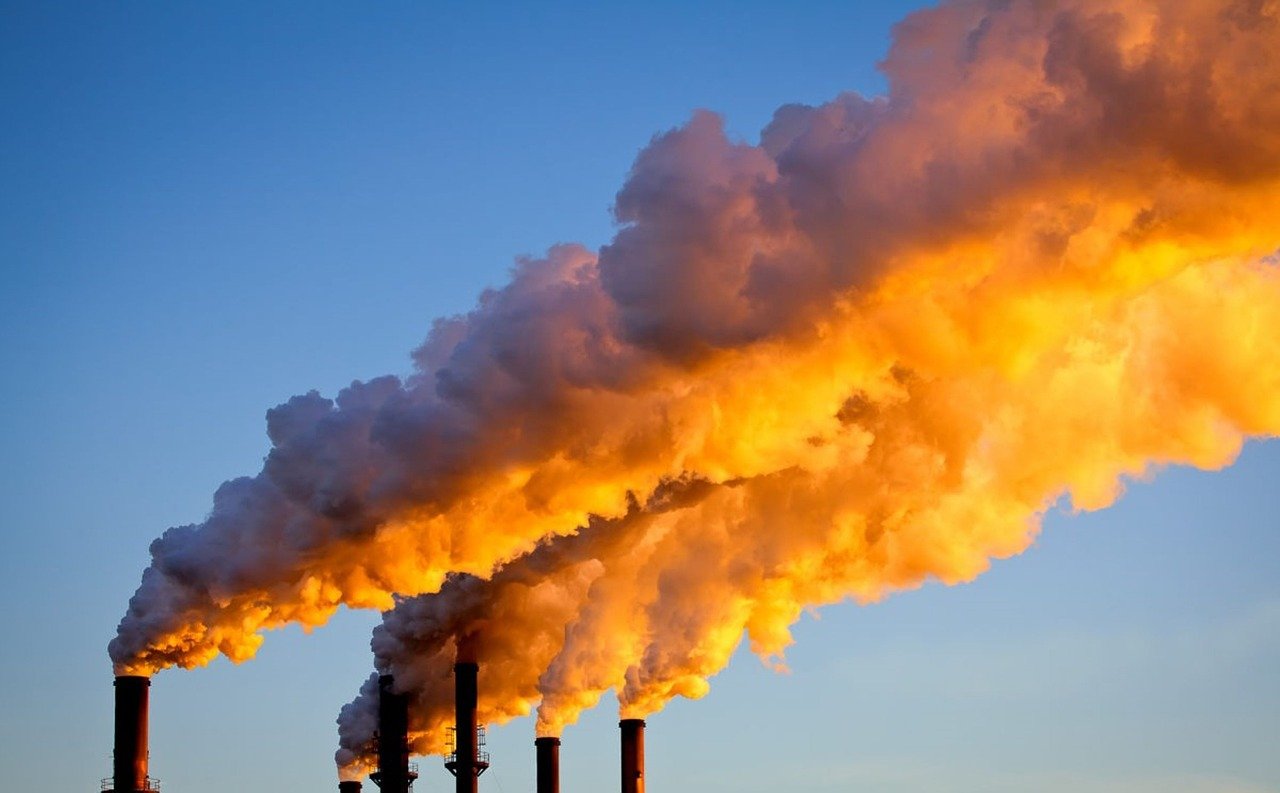Deborah McGregor knows perfectly from her experience what is missing from the Canadian climate strategies. McGregor, as an Anishinaabe from Whitefish River First Nation, said a sole focus on carbon doesn’t leave room for Indigenous knowledge in climate solutions.
“I find that these strategies focus a lot on carbon, it’s an important approach, but climate change has also to deal with equity, justice, and health issues,” McGregor said. “From an Indigenous perspective, those are paramount because Indigenous peoples [fare] not as well in terms of health indicators and well-being indicators.”
According to the Indigenous Climate Hub, climate change has numerous severe effects on Indigenous communities who rely on the environment for their survival and culture, including having an altered diet, accessing essential services like clean drinking water, changing pathways and transportation, and transferring Indigenous Knowledge (IK) from one generation to the other.
McGregor, who is also an associate professor and Canada research chair in Indigenous Environmental Justice at York University, said carbon emissions are going to increase for some time even if the net zero goal is reached due to the high amount of GHG emissions already produced in the atmosphere.
“It’s kind of like being in a boat, you’re moving along, and even if you stop paddling, the boat is still going to be moving forward. You actually have to go lower than net zero. You have to have degrowth,” McGregor said.
Samantha Whiteye is a First Nation from the Eelūnapéewi Lahkéewiit community northeast of Chatham, Ont., and the Indigenous Leadership Director at the Carolinian Canada Coalition. She said cutting carbon emissions is just a small part of climate solutions and more efforts are needed to support biodiversity and natural resources.
“Without green infrastructure, life-supporting the soils, the waters protecting our air and all of our natural resources that have [been there] since the Earth was created, net zero is not going to be the only be-all-answer,” Whiteye said.
“You equally have to look at what is the life around you supporting, and how are you building that landscape up to rapidly accelerate and build resilience for climate change,” she said.
The pace at which the climate crisis has been worsening in the last few years has led some Indigenous communities to declare states of emergency.
The first was the Vuntut Gwitchin First Nation, Old Crow, Yukon, in May 2019, followed by the Assembly of First Nations (AFN) declaring a global climate crisis just two months later. The AFN called for a First Nations–led climate strategy and a national gathering to advance climate advocacy, which happened in March 2020 in Whitehorse.
McGregor said climate change exacerbates a lot of the vulnerabilities that Indigenous communities deal with, and climate plans should include decolonization since some strategies deemed as solutions can be problematic for more vulnerable communities.
“Canada, the province, and the city don’t like to talk about colonization as being part of climate change because that’s hard work and would require different kinds of structures and processes to be in place,” McGregor said. “That’s what Indigenous people want to see.”
Capitalism goes together with colonization and contributes to accelerating the climate crisis, McGregor said.
For Whiteye, climate strategies should be planned out with neighbouring communities from day one of the process.
“Unless you’re including Indigenous voices in all the decision-making process from the beginning, that to me is not going to work for First Nations communities,” Whiteye said.
Creating ethical spaces is a deep commitment for Whiteye as they are crucial in finding a common ground for both Indigenous Knowledge and Western science.
“Ethical space is a space where you co-create it together,” she said. “It’s where two knowledge systems can come together to not only thrive in parallel to each other but to also adopt the strengths of each.”
But even if there are some efforts to bring Indigenous Peoples to the table, there is still resistance along the way, Whiteye said.
“When you talk about ethical space with leading experts in the sector, they don’t understand it and they don’t understand what it looks like because it’s never been emulated as well in a settler society,” she said. “Whereas in Indigenous cultures, we’ve always understood, rooted around our values as people, our protocols when we gather. Ethical space has always been embedded in that.”
McGregor highlighted how Indigenous Knowledge can play a key role in bringing more awareness to people in their everyday lives.
“There’s no checklist for that. It’s the way that you see the world and how you want to be in the world,” McGregor said.
“How do you try to take only what you need? How do you try to be in a world that isn’t based on consumption? How can you be resilient? A lot of Indigenous Knowledge is those values and I think Indigenous peoples have that to offer,” she said.

